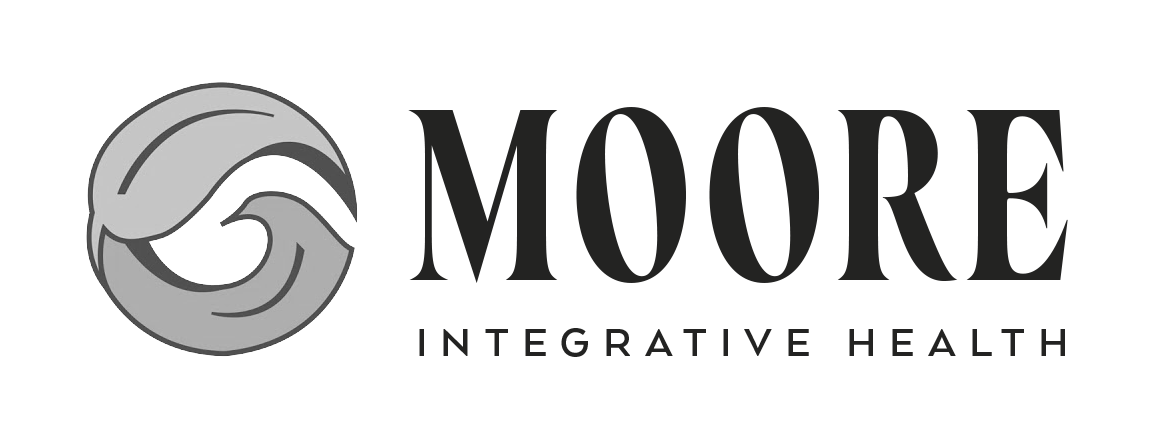The Consequences of Multiple Concussions & What You Can Do About It
This slam marked more times I had rallied my brain into the dirt than I could count on my fingers and possibly toes. The hallmark long term result of doing this is something I wouldn’t recognize until about a year and two surgeries after this slam.
And the sad part is, I hit my head two more times after this. What’s worse, not once were these minor concussions recognized or treated, in part because of my own ignorance. “I’m fine” I’d always say not wanting my pride to be jeopardized.
The problem is, when it comes to excessive mTBIs (or mild concussions), you’re fine until one day you’re not fine. Oftentimes, people can remember the exact day that they woke up and were not fine. I remember the day like it was yesterday.
This is what is called persistent post concussion syndrome, which so often goes untreated and unrecognized because the symptoms are so vague. Headaches, fatigue, dizziness, irritability, insomnia, light/sound sensitivity, poor concentration. The typical response to a patient showing up at the doctor presenting with these symptoms is to slap an anxiety/depression/ADHD diagnosis on them and call it a day with some meds. But often times that makes the situation worse. Behind the scene neurodegeneration is rolling like a freight train headed toward a cliff.
I’ve spent the last 6 years of my life finding a better answer. And the good news is - there is a much better answer out there. And although it’s complex and multifaceted, it’s a lot simpler than most would think. The one sentence summary is: it’s all in how you live your life. How you eat, how you treat your body, how you think, what your routine is, what your daily activities are, etc. It sounds pretty easy. But there’s actually more than meets the eye. Below are some of my top tips:
HBOT (Hyperbaric Oxygen Therapy): to increase oxygenation of the brain, decrease inflammation and oxidation, support nerve growth and repair.
Cold Laser Therapy: increase oxygenation of the brain, decrease inflammation and oxidation, support nerve growth and repair.
Sensory Deprivation Chamber: to support the nervous system in calming down.
Diet: Remove inflammatory triggers, high density brain nutrients, balance micronutrient levels, high antioxidants.
Supplement regimen: this one is too extensive for a blog post.
Exercise: HIIT, yoga.
Sleep: supporting the body in getting 8-9 hours of sleep a day at all costs.

